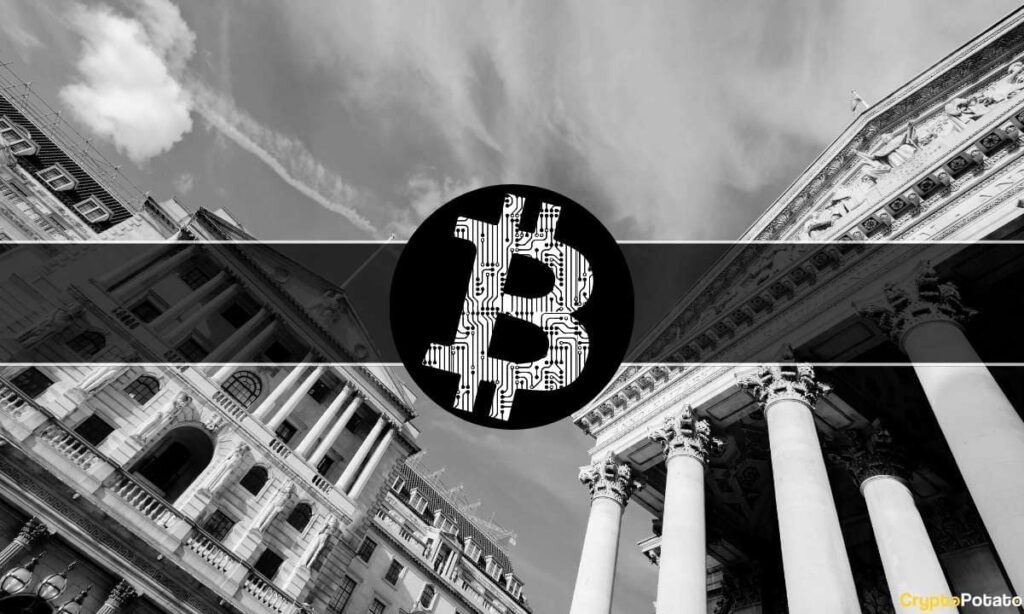
José Ribeiro, the CEO of the cryptocurrency exchange Coinext, shared his perspective on Bitcoin and the crypto landscape in Brazil during the Web Summit in Lisbon.
During the Web Summit, Ribeiro discussed the vibrant crypto economy in Brazil and the growing competition in the country’s payments sector due to regulatory clarity. He highlighted that while cryptocurrency might be “out of fashion,” it continues to attract new users, especially in emerging markets like Brazil.
According to Ribeiro, Bitcoin transaction volume in Brazil is expected to reach record levels in 2023, while interest rates in Brazil are expected to decrease, driving increased adoption of Bitcoin. He attributes this growth to the increasing presence of global crypto exchanges like Binance, OKX, and Coinbase in the country.
Ribeiro emphasized the heightened competitiveness in Brazil’s crypto economy, driven by factors such as historical issues with inflation and anticipated interest rate changes. Ribeiro highlighted that
He noted that interest rates in Brazil are currently at 12.25% but are expected to decline to around 9.25% by December 2024. Lower interest rates, along with global factors like the approval of a spot Bitcoin exchange-traded fund in the United States and the Bitcoin halving, are anticipated to impact cryptocurrency prices.
Ribeiro encouraged a focus on the fundamentals of cryptocurrency rather than just price movements. He emphasized that people often pay attention to Bitcoin when prices are at all-time highs, but the fundamentals of the technology have remained consistent since its creation.
He emphasized the importance of regulatory frameworks for fostering innovation, stating that while regulation is necessary, it should be designed to create a level playing field in the market. Ribeiro also highlighted Brazil’s progress in complying with tax authorities and mentioned the potential impact of the central bank’s digital currency, DREX, on the country’s blockchain adoption.
Discussing the regulatory environment in Brazil, Ribeiro highlighted the importance of regulatory frameworks for fostering innovation. He mentioned that Brazilian regulators understand the risks associated with the crypto business and engage in discussions about crypto and payments. Despite the challenges, Ribeiro believes that having regulations is necessary for maintaining competitiveness in the market.
Brazil’s Crypto Landscape Sees Surge in USDT Trading, With Transactions Nearly Doubling Bitcoin Volume
Meanwhile, in early October, the Brazilian tax department revealed a significant increase in Tether (USDT) trading volume in the country since 2021, with USDT surpassing Bitcoin (BTC) in volume.
The total USDT transactions in Brazil for the year amounted to approximately $271 billion Brazilian reais (equivalent to roughly $55 billion USD) as of mid-October.
The amount is nearly double the volume of Bitcoin (BTC) transactions in the country, totaling $151 billion reais (about $30 billion USD).
According to Brazil’s revenue service agency, 80% of cryptocurrency transactions in the country are now related to USDT, making it the most traded digital asset in 2023.
Brazil has also made significant strides in payment systems, introducing the Pix system, which enables instant payments between individuals and businesses.
For Pix transactions, users only need the key identifier of the recipient, which can be an ID number, a cell phone number, or even an email address. This system has contributed to the modernization and efficiency of payments in Brazil.
In addition, Brazil is actively working on the development of its central bank digital currency (CBDC), named DREX. Anticipated to be available in the near future, the introduction of DREX is expected to elevate Brazil’s adoption of blockchain technology.
Ribeiro believes that DREX will elevate Brazil’s blockchain adoption and position the country as a leader in using blockchain as infrastructure for the financial market industry.
Enter your email for our Free Daily Newsletter
A quick 3min read about today’s crypto news!


